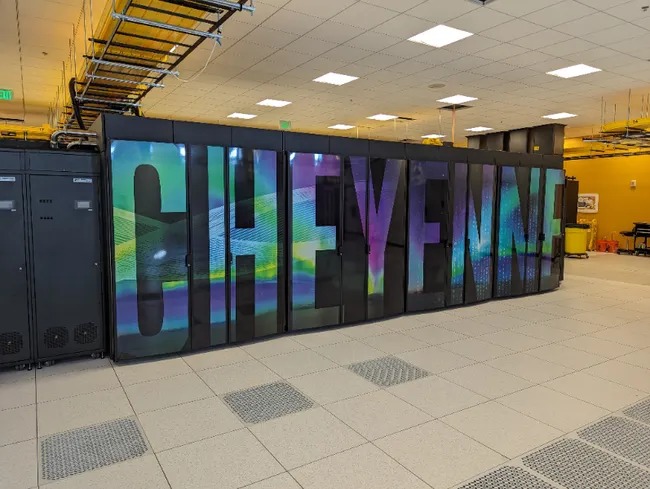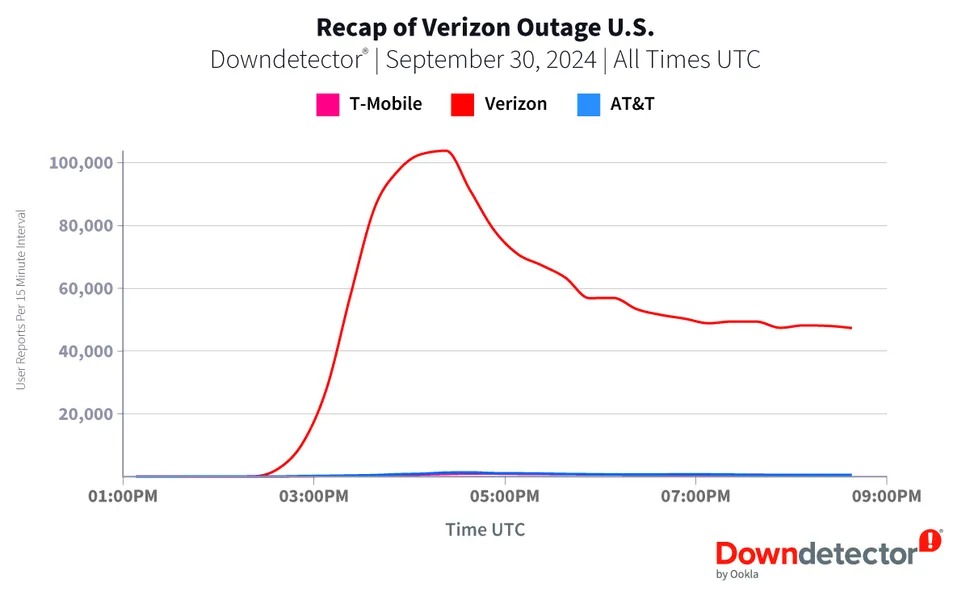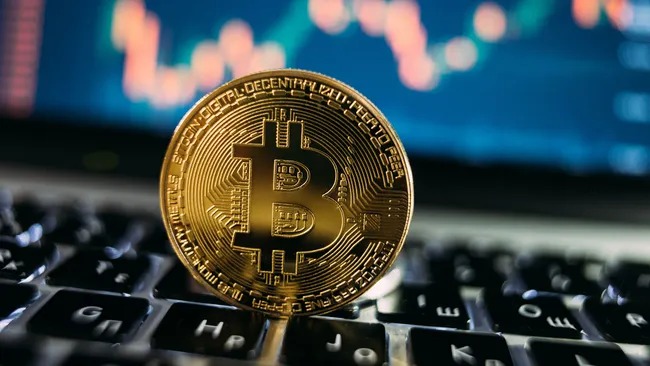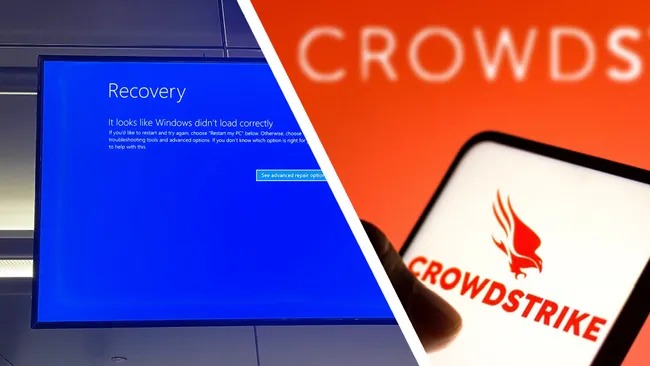
What a wild ride 2024 had us on, especially in the world of computing. We've seen incredibly innovative inventions like LG's stretchable screen and amazing new products like Samsung's highly-rated Galaxy Ring and Meta's Ray-Ban smart glasses.
There was a plethora of brow-raising computing stories to choose from this year, but the below 9 events stick out as noteworthy. Here are the most outlandish computing stories we experienced in 2024.
9. The U.S. government's supercomputer Cheyenne sold for $480,000 at auction

In May, Tom's Hardware reported that the U.S. government's massive, multi-million dollar supercomputer, Cheyenne, had been sold at auction for just $480,085. Of course, I say "just," but that's almost half a million dollars. However, compared to all the funding that went into the supercomputer, it's pennies.
Update: An un-named buyer won the auction for the Cheyenne supercomputer, so there's no way to know what has been done with the computer parts. But if you check eBay, you'll see several Intel Xeon E5-2697 v4 processors. I can only assume one of these sellers is the lucky auction winner.
8. Bethesda took microtransactions to the next level with this hilarious misprice

Quite frankly, microtransactions for games are annoying. However, one microtransaction in 2024 was worth paying attention to, and that's solely because someone messed up when publishing the bundle's price.
Windows Central screenshotted the mispriced General's Personal Bundle for Fallout 76 at $1,999 — and only $1,799 for Xbox Game Pass subscribers. I sincerely hope no one purchased this bundle, as that would only incentivize Bethesda to raise microtransaction prices.
Update: Alas, the General's Persona bundle for Fallout 76 is no longer available for purchase, even at a lower, more reasonable price.
7. A massive Verizon outage that affected over 1.6 million people

A major Verizon outage started on September 30 at around 10 a.m. Eastern, according to Tom's Guide, and by around 4 p.m. Eastern, over 1.6 million outage instances were reported and collected by Downdetector. That's 1.6 million people who reported having issues, but the number of people affected was likely much higher.
Update: Following the outage, the FCC tweeted about "working to determine the cause and extent of these service disruptions," but it doesn't appear the agency ever followed up.
6. OpenAI steered clear of bankruptcy thanks to investment from Microsoft and others

As reported by Windows Central, OpenAI had some major financial struggles around July, but luckily, the company was bailed out by its biggest investor, Microsoft. There were also talks of Apple and Nvidia potentially investing in OpenAI, which would keep the most popular AI chatbot going strong for years to come.
Update: According to Barron's, Apple ended up pulling out of OpenAI's investing round, potentially because OpenAI requested investors not to put money into its biggest private competitors. Nvidia did invest, along with Thrive Capital and Japan's SoftBank Group.
5. A disgruntled ex-employee deleted 180 test servers, costing his former employer almost $700,000

Via Tom's Hardware, NCS (National Computer Systems) in Singapore fired 39-year-old Indian national Kandula Nagaraju, allegedly due to poor performance, but failed to invalidate his credentials to the system.
This allowed Nagaraju to access the system multiple times over the weeks following his termination, create scripts to delete all 180 of the company's test servers and execute those scripts without detection. The move cost the company around $678,000, resulting in a two-year-eight-month prison sentence for Nagaraju.
One has to wonder if he was treated poorly by the company. Or was it purely just an "I can do this, so I will" type of moment?
Update: It appears Nagaraju is still serving his sentence and hasn't been released early.
4. Potential undersea fiber-optical cable sabotage

Fiber-optic internet cables can stretch massive distances underwater. Wild, right? But that's not the crazy part of this story.
As reported by Tom's Hardware, an undersea fiber-optic internet cable connecting Finland to Germany and another between Lithuania and Sweden was cut — and according to EU leaders, it's likely sabotage.
German Defense Minister Boris Pistorius said, "Nobody believes these cables were accidentally severed. We have to know that, without knowing specifically who it came from, that it is a hybrid action, and we also have to assume that, without knowing by whom yet, that this is sabotage."
Update: Just last week, Reuters reported that Finnish authorities boarded a Russian oil tanker suspected of cutting the undersea cables in the Baltic Sea. Multiple organizations, including the U.S. National Security Council and NATO, supported the investigation.
3. The viral debate over Kamala Harris' earrings

Ah, the debate heard around the world, and I'm not talking about the presidential debate between Kamala Harris and Donald Trump. I'm talking about the debate that followed the debate: was Kamala Harris wearing Nova H1 Audio Earrings in the debate and getting lines fed to her?
Update: No, she wasn't. Harris was wearing 18K gold South Sea Pearl Earrings made by Tiffany and Co., and everything she said in the debate was in her own words. This may be the least techy story on this list, but going viral almost immediately, which makes it deserve a top spot.
2. A crypto-mining Airbnb guest racked up a $1,500 electricity bill

Have you ever seen a sign or a rule that makes you pause and wonder who was responsible for that sign or rule being made? If you've ever seen "no crypto-mining" when searching for an Airbnb, that rule was implemented following an Airbnb guest racking up a $1,500 electricity bill (via Tom's Hardware).
According to property owner Ashley on TikTok, she filed on Airbnb to have the guests pay the $1,500 bill. Considering the guests reportedly made over $100,000 from crypto-mining at her abode, that's a small fee.
Update: Commenters on Ashley's TikTok video reported similar experiences; one said someone told them they mine crypto in Airbnb properties and that he was "astonished he gets away with it." Since then, many people have added "no crypto-mining" to their house rules.
1. A huge global IT outage caused by a CrowdStrike update

July was an insane month in the tech world, all thanks to a massive global IT outage caused by "a single content update for Windows hosts," according to CEO of Crowdstrike CEO George Kurtz on X (via TechRadar).
This update caused 'blue screen of death' errors across the world and mass chaos across multiple industries, including banking, air travel, payment services at supermarkets, and many more. I remember not being able to pick up a prescription at its normal price because the coupon system was completely down due to the Crowdstrike update.
Update: Many people regard this blunder as the largest IT outage in history, and hopefully, that means something was learned from it to prevent it from happening again. In September, CrowdStrike testified in a U.S. Representatives hearing and explained how its content update procedures have been changed to prevent outages like this in the future (via TechTarget).







